I'm having an exercise where it told me to print out each person's favourite numbers. When it came to people with more than one number, I couldn't keep the numbers in one line, separated by commas. Can you suggest a solution?
My code
favourite_numbers = {
"ha": [20, 10, 4],
"quynh": [2, 5],
"nhung": [3, 10, 12],
"giang": [10],
}
for name, numbers in favourite_numbers.items():
if len(numbers) == 1:
for number in numbers:
print(f"\n{name.title()}'s favourite number is {number}.")
elif len(numbers) >= 2:
print(f"\n{name.title()}'s favourite numbers are:")
for number in numbers:
print(f"{number}")
The output for a person with multiple numbers looks like this
Ha's favourite numbers are:
20
10
4
I was expecting it to be like this:
Ha's favourite numbers are: 20, 10, 4
